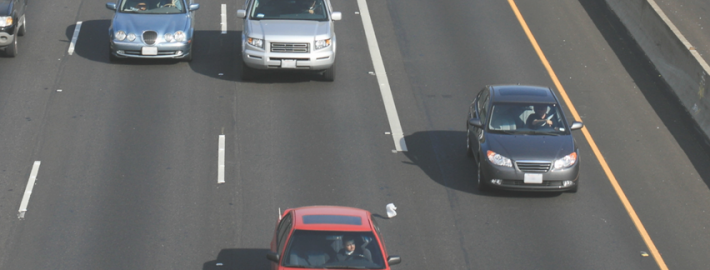Eluding the Police in Virginia – Is it a Felony?
Eluding police personnel is a crime in Virginia. However, depending on the specifics of your situation, the offense and punishment may differ.
LAW OF ELUDING
The guidelines and consequences for evading police are outlined in Virginia Code 46.2-817.
Anyone who drives a car and refuses to stop when a police officer signals them to do so or who makes an attempt to flee,
The norm is this. If police enforcement has given the signal to halt, you must comply. Failure to abide by the law is illegal.
DIFFERENT POLICE ELUDING OPTIONS
In Virginia, numerous actions and degrees of police evasion can be considered.
1. Don’t disregard the signal to stop.
This is the most basic type of evasion. If you keep going and don’t stop, this would be a misdemeanor evading in Virginia.
2. Avoid being eluded
Even if the cop attempts to flee, you could still face misdemeanor charges. An illustration of this might be a person who accelerates or switches to a side street.
3. Interfering with, intimidating, or obstructing law enforcement or another person.
This is where things can go very wrong for you. If the Commonwealth establishes that you didn’t slow down or made an attempt to elude the police cruiser, a class 6 felony may be brought against you. A conviction would be unfortunate.
4. A police officer is killed at the end of a chase.
If you attempt to elude law enforcement authorities and one of them is killed during the pursuit, you may be charged with a Class 4 felony.
In Virginia, what are the consequences of throwing the police out?
Your license must be suspended if you are found guilty of evading in breach of Virginia law. If you are found guilty, your license will be suspended for a minimum of 30 days and a maximum of one year. If it is established that you exceeded the speed limit by at least 20 mph while avoiding detection, your license will be suspended for 90 days.
Are there defenses against eluding in Virginia?
Yes.
You can firstly contend that you were not given a signal to halt. You must have “received an audible or visible indication” in order to stop police enforcement. This must be demonstrated beyond a shadow of a doubt.
This does not imply that you received a signal from an officer. Actually, you’ve “received” it.
This means that the judge or jury will determine whether the signal was valid if the officer doesn’t think you noticed him. This could be challenging in some circumstances.
The fact that law enforcement was not following you is still another line of defense. This defense is known as an affirmative, and we must convince the court that it exists. You should not be found guilty of evading if the judge or jury determines that you reasonably believed the pursuer was not an officer.
NEXT, WHAT SHOULD YOU DO?
If you are charged with evading in Virginia, get in touch with me for a free case strategy consultation. Let’s examine your case and go over potential counterarguments.




